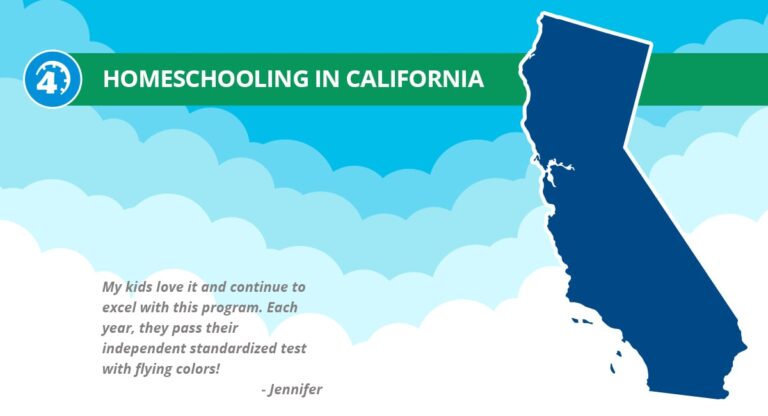How the Recession Affected Economics and College Majors
An old problem has reappeared in the United States. China, who imported 8.79 million barrels of crude per day in July, up from a four-year low in June but still 9.5% less than the previous year. This is a concern because the US oil price has risen as much as China’s, and oil demand for 2022 is expected to rise by 1.8 million barrels per day year on year to 99.7 million barrels per day, just short of pre-pandemic highs. Brent crude futures were up 81 cents to $95.73 per barrel, an unexpected increase, according to Business-standard.
According to Barron’s, oil prices have recently fallen below $100 per barrel as recession fears hit the market, and researchers predict that oil prices will fall to $65 per barrel by the end of 2023 if oil-producing countries do not invade to reduce supply. “Recession talk is becoming more common, and if it becomes a reality, it will most likely address some of the imbalance.” According to CNBC, Craig Erlam, senior market analyst at Onada in London, said.
State higher education funding increased in 2021 as a result of higher inflation rates, with total state and local funding for all higher education totaling $113.2 billion, including $3.7 billion in federal stimulus funding. According to the State Higher Education Finance, five states – Colorado, Minnesota, New Hampshire, Vermont, and Wyoming – as well as Washington, D.C. – relied on federal stimulus funding for more than $20 in higher education support. State tax and non-tax appropriations accounted for 85.2 percent of state and local funding.
According to SHEEO’s analysis, declining enrollment rate has been showing for approximately for 10 years, and challenges may be ahead for many colleges as they make do with fewer students. “While generous federal stimulus funding protected state revenues and directly supported higher education, reducing states’ need to cut funding during the pandemic and brief economic downturn,” states the report, “sharp declines in student enrollment and net tuition and fee revenue signal continued upheaval for public higher education revenues.” According to the latest SHEEO release.
“Now we’re in a world where enrollment is still down across higher education, but with inflation rising rapidly, state funding is unlikely to keep up in most states,” said Robert Kelchen, professor and head of the department of educational leadership and policy studies at the University of Tennessee at Knoxville.
The economic downturn caused by the COVID-19 pandemic influenced not only students’ choice of higher secondary education institution type, but also college majors in a systematic major, by considering more stable majors they could pursue after graduating.
ScienceDirect, Shu (2016) and Liu, Sun, and Winters (2018) investigated how the recession affected college major selection, focusing on STEM and business majors thought to be recession resistant, emphasizing how the percentage of degrees awarded in recession-resistant and recession-sensitive degree fields changed – recession-resistant majors increased by 1.5 percent points while recession-sensitive majors decreased by 1.4 percent.
Researchers from ScienceDirect reported that the recession caused students to shift away from degree fields that were unstable during the recession and toward degree fields that were relatively stable during the recession, and these findings are based on the different types of institutions students attended, and they gained an understanding of how the global economy has impacted major distributions by considering variation across the business cycle.
Furthermore, Best Colleges reported that the recession-proof industries that saw growth during the last two recessions are thought to be healthcare, civil services, education, and business. For example, social and human service assistants, recreation workers, and legal clerks were classified as civil servants, whereas management analysts and logisticians were classified as top business careers.
Moreover, three Yale economists reported that due to growing pay disparities between scientific and business professions and those in the arts and social sciences fields, students should choose college majors more carefully during the recession period. Research reported the Religion and philosophy majors earn 42% less than the average major in their first year out of college, and 55% less during a recession.

Former President Donald Trump recently spoke out for the need to abolish the United States Department of Education during the Conservative Political Action Conference in Dallas Texas, which was established in an effort to save money and make federal education programs more accountable, insisting on the need to abolish the Department of Education if federal bureaucrats are going to push the radicalism, which is a long-standing Republican wish because they have seen education policy as falling within the remit of states and localities.
It is unclear whether Trump’s proposal will be approved by Congress, as Democrats are expected to oppose it; however, this demonstrates the need for the US government to reverse course and transform public education to align with economic needs now and in the future.







